Marine Biology 101
Learn about Marine Biology in this Online Class!
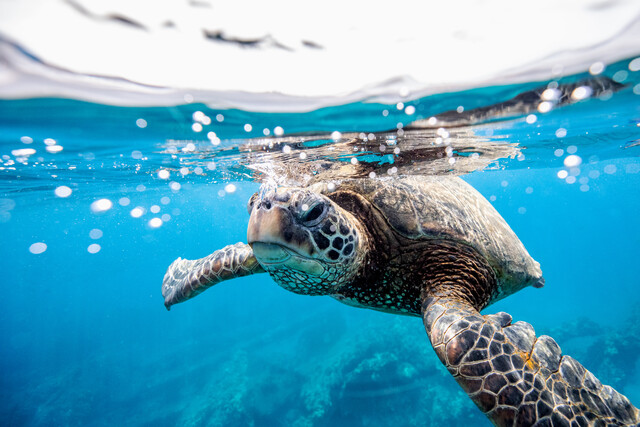
9 Hours average completion time
0.9 CEUs
17 Lessons
18 Exams & Assignments
132 Discussions
17 Videos
18 Reference Files
119 Articles
Mobile Friendly
Last Updated January 2026
Imagine a world where every ripple narrates a tale of survival, where life unfolds in complex, colorful pageants beneath azure waves, and where tomorrow's mysteries invite today's explorers. Welcome to "Dive into the Depths: Exploring the World of Marine Biology"--where the vast ocean becomes your classroom and its many wonders your teachers.
The ocean is not just a body of water; it is the heartbeat of our planet. It breathes, it nurtures, and it inspires. Covering over 70% of the Earth, the ocean is home to a mesmerizing kaleidoscope of life forms--each entity, from the microscopic phytoplankton to the majestic whale, playing a role in the orchestration of global processes that sustain life as we know it. In this essential course, you will embark on an extraordinary journey that unveils the secrets of these magnificent waters and reveals how they shape our existence.
Are you ready to traverse these life-filled waters, to understand not just their beauty, but their vital importance? Without the oceans, the delicate balance of climate, the pattern of life, the very air we breathe, would falter. Here, you will uncover the life stories of the ocean's inhabitants, witnessing firsthand the adaptability and diversity that have enabled marine species to flourish across time.
Our meticulously designed course invites you to set sail on this enlightening voyage. While others may simply skim the surface, "Dive into the Depths" plunges you into an immersive learning experience where oceans transform from mere geography into a vivid narrative of life's history on Earth. Hearken to the stories of the creatures that have made these waters their playground. From graceful dolphins to the tenacious creatures dwelling in the dark abyss, the ocean is a bastion of survival and innovation.
Whether you're a passionate novice yearning to dive deeper into the world of marine biology or a seasoned explorer ready to unravel the ocean's intricacies, your curiosity will find its haven here. Our course offers a window into the oceanic underworld--a place where seemingly ordinary fish transform into iridescent wonders and where marine mammals stretch the limits of what is possible. Witness the delicate interplay between predator and prey, the ingenious adaptations of creatures residing in the planet's extremes, and the profound relationships binding disparate species within vast ecosystems.
But it's not just about the present--it's about a future we can shape. Our oceans are on the brink, facing threats from rising temperatures, acidification, and pollution. With every wave of knowledge you ride, you are better equipped to become an advocate for change. This course doesn't just arm you with facts; it instills a passion for preservation and a sense of duty to safeguard our marine heritage for generations to come.
The allure of marine biology extends beyond understanding--it's about transformation. It's about how the learnings from the tides can influence careers, develop new technologies, and inspire conservation efforts that transcend borders. You will gain insights that not only enhance your worldview but empower you to make impactful decisions whether in scientific fields, policy-making, education, or everyday life.
Join us on this exciting journey where oceans are the narrators, stories are endless, and you, the student, are the hero embarking on a grand quest. Dive into a narrative so grand it connects every living being on the planet. This is more than a course--it's a call to adventure, a plea for awareness, and an opportunity for profound growth. Enroll today and let the depths of marine biology enrich your life and career in ways you never thought possible. Together, we will explore, learn, and evolve for a better, bluer realm--dive in and be forever changed.
- Interpreting marine vertebrate evolutionary strategies
- Investigating invertebrate ecological roles
- Assessing human impacts on marine environments
- Strategizing conservation efforts for ocean preservation
- Analyzing marine geological processes and features
- Understanding ocean ecosystems and biodiversity
- Identifying marine species and their adaptations
- Conserving polar marine ecosystems
- Exploring dynamics of tides and global currents
- Examining coral reef biology and conservation
- Evaluating marine mammal adaptations and challenges
-

Understanding Concussions
-
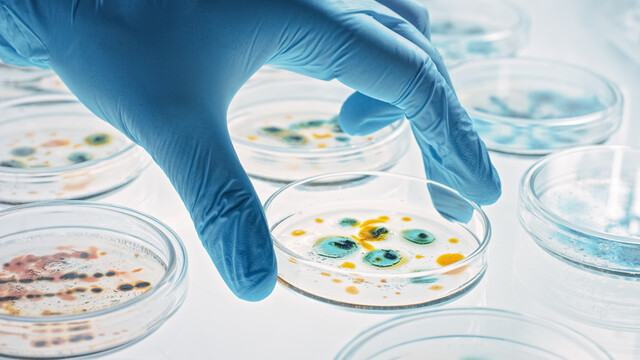
Microbiology Mastery: Unlocking the Foundations of Life
-
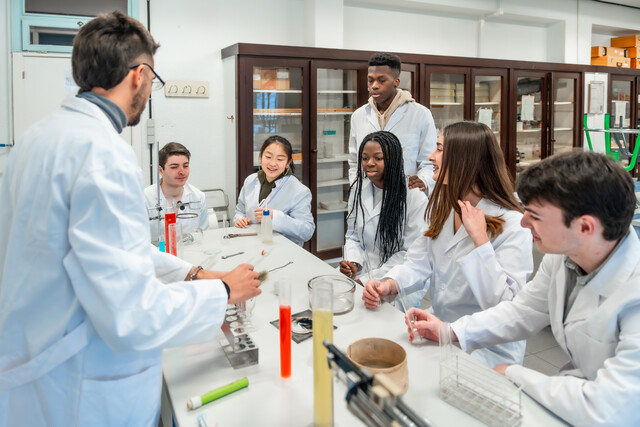
The World of Chemistry: From Atoms to Answers
-
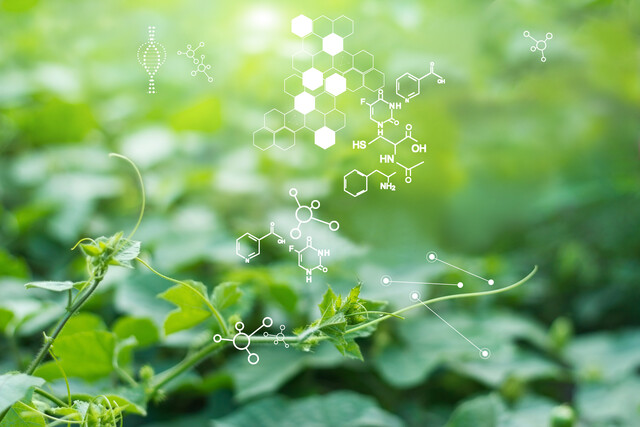
Biology 360: From Molecules to Ecosystems
-
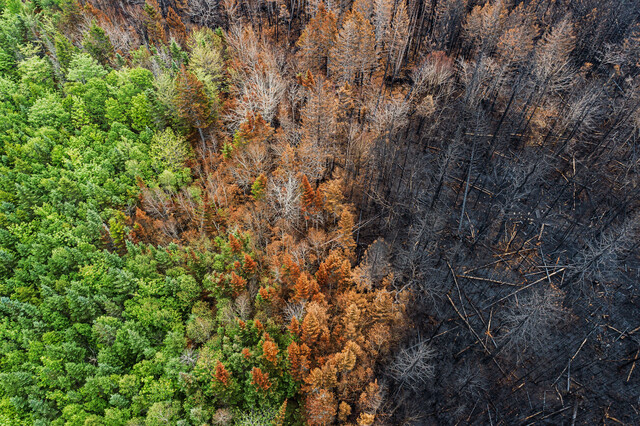
Climate Change
-

Meteorology Fundamentals
-

Geology 101
-
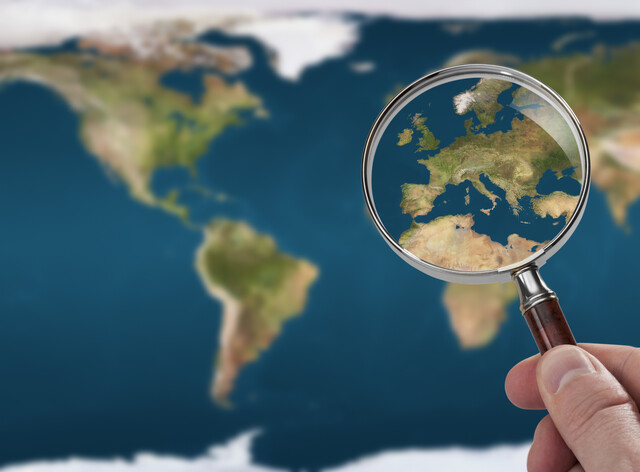
Geography 101
-

Anti Aging Techniques
-

Understanding Learning Styles
-

Lawful Employee Termination
-

The Power of Ecology: Shaping a Sustainable Future
-
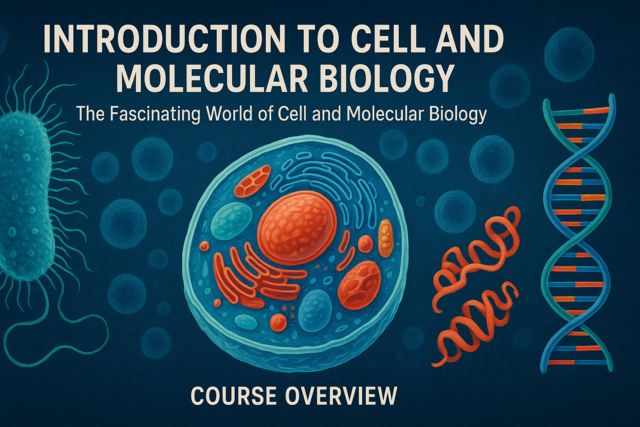
Introduction to Cell and Molecular Biology
-

Basic English Speaking Skills
-

Astronomy 101
-

Anatomy and Physiology 101
-
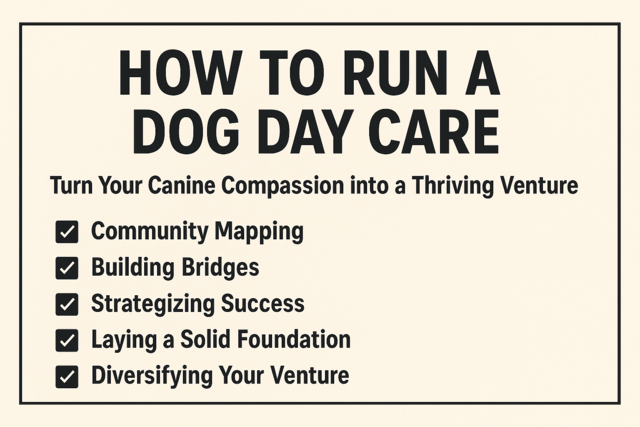
How to Run a Dog Day Care
-

Cosmology 101: A Simple Guide to the Universe
-

How to Teach Reading Fundamentals
-

Comprehensive Medical Terminology 1 & 2
-

ESL Basic Grammar
-

Salem Witch Trials
-
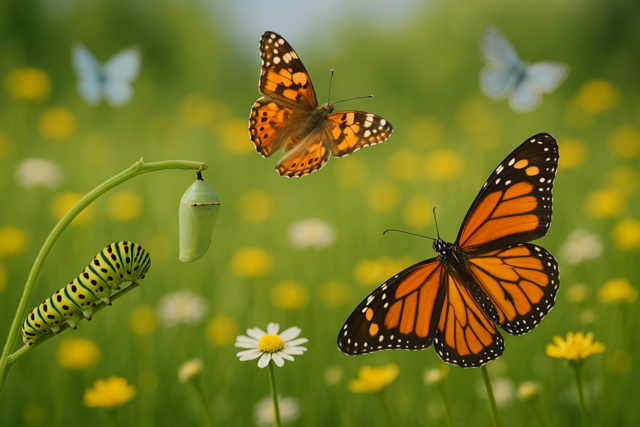
Butterflies
-

Marine Biology 101
-

ABCs of Physics